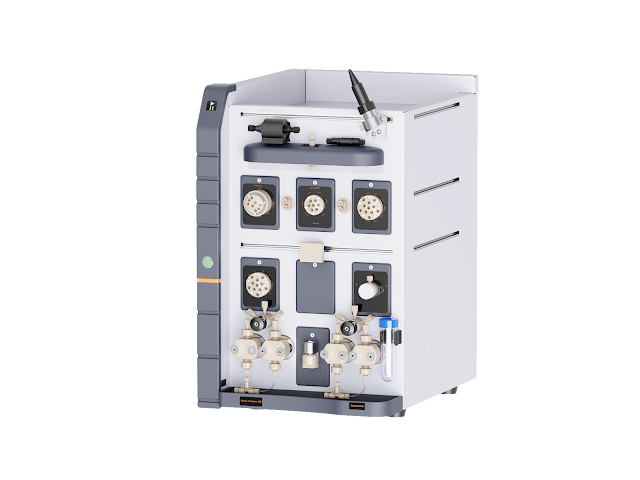Advancing Research with Protein Purification and Lab Equipment
Protein purification is a critical process in modern biological and biochemical research. It involves isolating a specific protein from a complex mixture, often derived from cells or tissues, to study its structure, function, and interactions. This process is fundamental to understanding protein behaviour in both healthy and diseased states, contributing significantly to advancements in drug development, molecular biology, and biotechnology.
The Importance of Protein Purification in Research:
In the field of molecular biology, proteins play essential roles as enzymes, signalling molecules, and structural components. Understanding their function is key to unlocking the mechanisms of diseases and developing targeted therapies. Protein purification allows scientists to isolate proteins in a form that can be studied without interference from other cellular components. By obtaining pure proteins, researchers can conduct detailed analyses that are crucial for drug discovery, vaccine development, and therapeutic advancements.

Purified proteins are not only used for research purposes but also in industrial applications such as enzyme production and the creation of biopharmaceuticals. This process ensures that proteins are free from contaminants that could affect their activity or stability, making protein purification a cornerstone of many scientific fields.
Essential Lab Equipment for Protein Purification:
The success of protein purification largely depends on the quality and precision of the lab equipment used. From centrifuges and chromatography systems to electrophoresis devices, each tool plays a critical role in the various stages of purification.

Chromatography, one of the most widely used techniques, relies on separating proteins based on their size, charge, or affinity to certain substances. Advanced chromatography systems equipped with high-performance columns allow researchers to obtain highly pure protein samples efficiently. Centrifuges are another essential component, facilitating the separation of proteins from other cellular materials by using high-speed rotation to sediment proteins based on their density.
Electrophoresis, on the other hand, allows scientists to separate proteins by their molecular weight, making it easier to identify and analyze specific proteins within a mixture. By employing cutting-edge lab equipment, researchers can streamline the purification process, reducing time and increasing accuracy.
Innovations in Lab Equipment:
Recent advancements in lab equipment have revolutionized the protein purification process, offering automation, greater precision, and the ability to handle larger sample sizes. Automated systems enable researchers to run multiple purification processes simultaneously while reducing the risk of human error. These innovations have not only improved efficiency but also expanded the potential for more complex and large-scale protein research.
The integration of modern technologies into lab equipment has made protein purification more accessible to labs of all sizes, contributing to more robust and reproducible research outcomes.
Conclusion:
Protein purification is an indispensable process in the scientific world, aiding in the advancement of knowledge across multiple fields. With state-of-the-art lab equipment, researchers can achieve greater precision and efficiency in their work. For high-quality lab equipment, visit inscinstech.com.cn to explore innovative solutions tailored to the needs of today’s laboratories.
.jpg)

Comments
Post a Comment